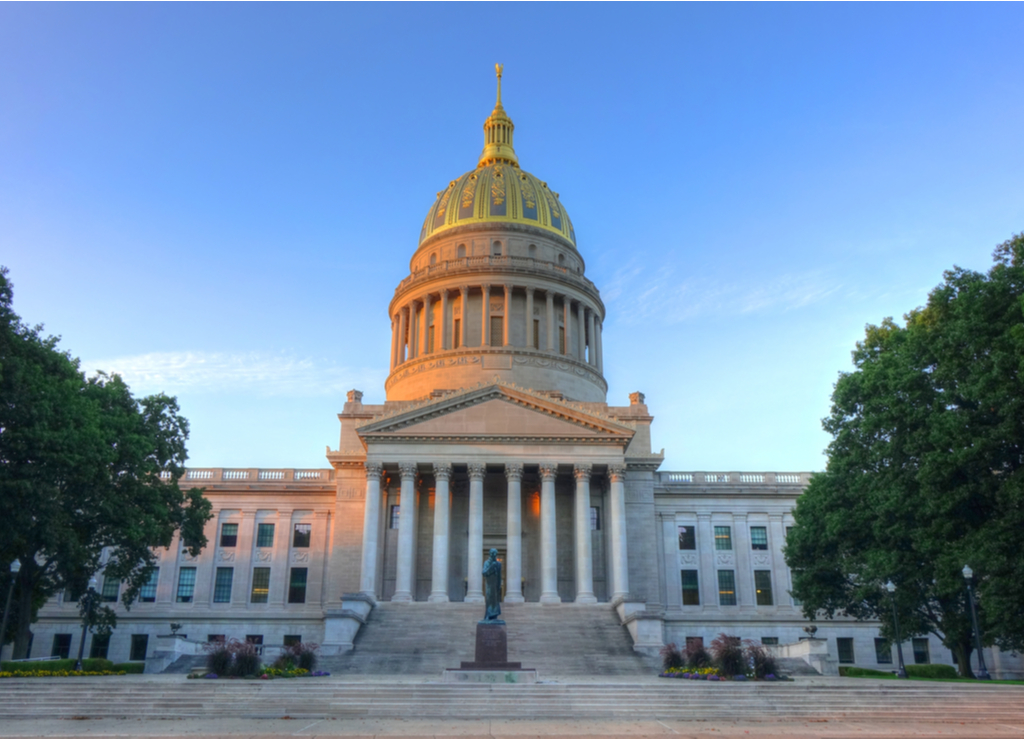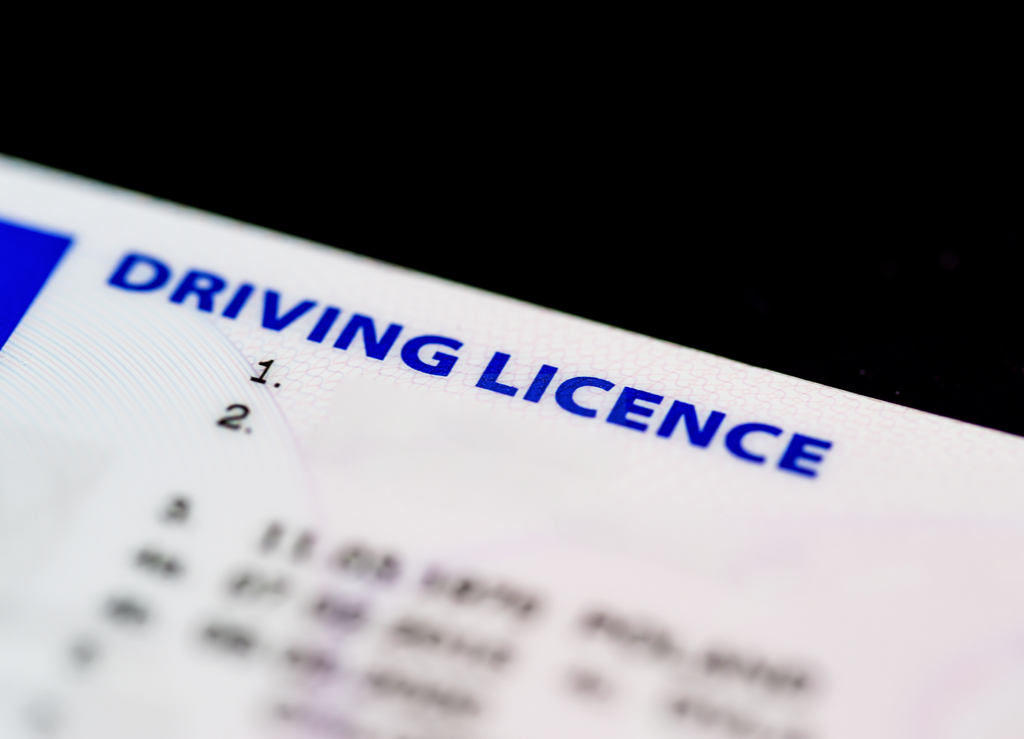West Virginia is officially getting its own legal online casinos, following multi-lateral support for the West Virginia Lottery Interactive Wagering Act approved by the House, Senate, and the Governor himself.
- West Virginia online bill receives endorsement by state Gov. Jim Justice
- H 2934 passed final legislature approval on March 9
- Online poker will be featured as part of the activities allowed in the state
West Virginia Successfully Passing Bill
West Virginia made a very determined entry into the online casino industry. At first, it was just a bill. H 2934 landed in the House of Representative in February under a friendlier name, the West Virginia Lottery Interactive Wagering Act, and cleared it without a hitch.
Then came the vote in the Senate, with Senators throwing their near-unanimous support for a future online gambling industry.
Then, everyone had to wait for Gov. Jim Justice.
Governors have been unlikely disruptors in recent years, shooting bills down long after the toughest bit – passing a legislation through the House and Senate, has taken place.
#iGaming has now officially completed the legislative process in West Virginia, ensuring we will become just the 4th state in the nation to legalize online gambling. #wvpol
— Jason Barrett (@JasonBarrettWV) March 27, 2019
Mr. Justice decided not to veto the bill and chose to endorse it a bit, giving the state a reason for hoping that West Virginia will see its first online casinos open doors for netizens very soon. So far, there are five properties where online casinos can operate from, including:
- Hollywood Casino, Charles Town Races
- Mountaineer Casino, Racetrack & Resorts
- The Casino Club, The Greenbrier
- Mardi Gras Casino & Resort
- Wheeling Island Hotel
All properties have said that they will pay up or a casino license and also foot a renewal fee every year to the tune of $100,000. A license to run online casino costs $250,000, but there are other associated costs.
Another $100,000 will have to go for maintaining the online platform, not to mention that suppliers will also need to obtain a license with each costing $10,000.
Readying to Launch Online Casinos in West Virginia
Online casinos will probably not arrive until 2020 in the state, though this is just a preliminary estimate. Some hope that we can see an early launch in December, much like was the case with the sports betting industry in the state.
Next year is realistic, though, given the current challenges, such as logistics, signing partnerships, and not least of all the Wire Act that the Department of Justice want to champion at the expenses of online gambling activities.
In other places, such as Virginia, the state won’t see its first online casinos open until July 2020, and this is a fairly aggressive timeline. Virginia got an approval last week, so it’s very likely that West Virginia didn’t want to be behind.
It’s also interesting to watch how the process unfolds. In Virginia, for example, the Lottery Board (which will be regulating the new industry) has requested a special report that will asses how other states regulate and approach online gambling.
West Virginia has announced no such plans, but the bill is just fresh out of the oven.





